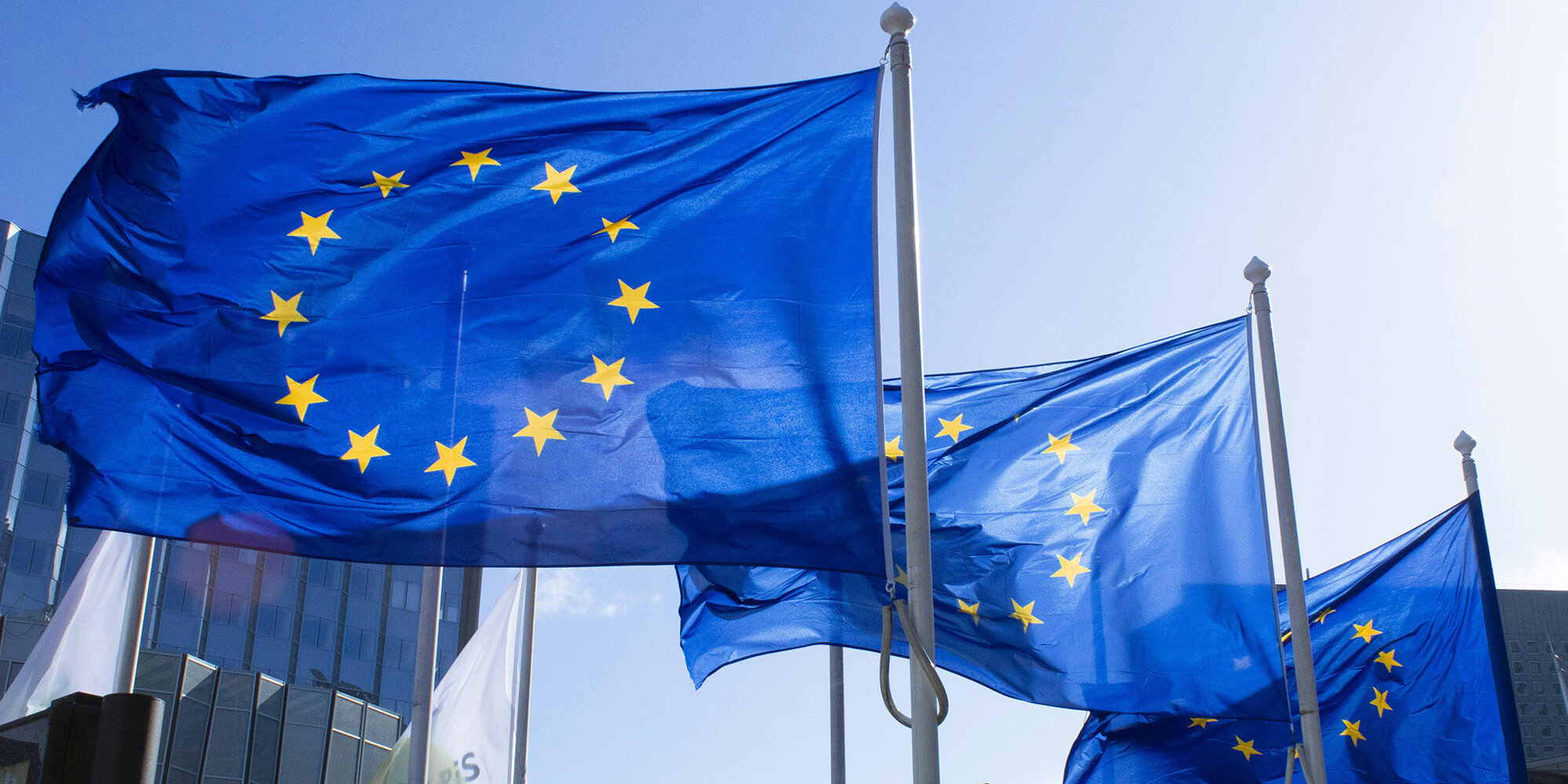The European Commission has released a package of proposals, known as the Omnibus, to simplify and adjust sustainability reporting requirements. The package substantially reduces the number of companies that will be required to report under the Corporate Sustainability Reporting Directive (CSRD), removing 80% of covered entities. It also introduces changes to the Carbon Border Adjustment Mechanism (CBAM), the Corporate Sustainability Due Diligence Directive (CSDDD), and the EU Taxonomy.
What does the omnibus package say?
Although the package is still a proposal which requires approval from the European Parliament and European Council, the comprehensive set of modifications include several policy instances where companies should disclose information on sustainability issues.
Based on an initial reading, these are the most relevant changes.
Corporate Sustainability Reporting Directive (CSRD)
The proposal removes 80 percent of companies from the CSRD reporting requirements, limiting the obligation to companies with more than 1,000 employees and an annual turnover exceeding 50 million euros or with a balance sheet above 25 million euros.
The reporting requirements for listed companies that were scheduled to take effect in 2026 and 2027 would be postponed by two years, shifting the timeline to 2028. Listed small and medium-sized enterprises (SMEs) would be exempt from the CSRD. Sector-specific sustainability reporting may also be scrapped, while the European Sustainability Reporting Standards (ESRS) would be revised and simplified.
For SMEs, compliance would become voluntary, with simplified guidance provided for those choosing to participate.
Carbon Border Adjustment Mechanism (CBAM)
The proposal introduces an exemption for small importers handling less than 50 metric tonnes annually. The reporting requirements for some industries —such as aluminium and steel— would be simplified, and the purchase of CBAM allowances would be postponed until 2027.
EU Sustainable Investment Taxonomy
Mandatory reporting under the EU Taxonomy would apply only to companies with an annual turnover of more than 450 million euros. Reporting would be voluntary for other companies, with simplified measures introduced.
Corporate Sustainability Due Diligence Directive (CSDDD)
The application of the CSDDD would be postponed to 2028. The due diligence requirements would be simplified, extending assessment intervals to every five years, rather than annually. The obligation to terminate business relationships with suppliers on the grounds of human rights and environmental violations has been removed.
Why has the EU Commission introduced the omnibus package?
According to the European Commission, the package of proposals aims to create “a more favourable business environment to help EU companies grow”. This comes after the report entitled The Future of European Competitiveness: A Competitiveness Strategy for Europe, commonly known as the Draghi Report, highlighted concerns regarding the EU's sustainability reporting framework and the burden on disclosing companies.
What are the potential consequences of the omnibus package?
It is important to remember that these proposals are not final and do not change the obligations of companies covered by the multiple policy instances immediately.
The modifications aim to align environmental and economic goals, while maintaining sustainability performance as a competitive advantage for companies as investors put more value on reduced sustainability risks. According to the European Commission, capital investments in Taxonomy-aligned activities increased from €191 billion in 2023 to €249 billion by May 2024.
However, some worry this momentum could be reduced. In relation the Omnibus package, Sherry Madera, CEO of CDP, said “sustainability disclosure is already a core business practice in Europe [because] transparency builds trust, attracts investment and strengthens business efficiency. We need a smart, evidence-based reform that is Earth-positive and forward-looking, not a step backwards.”
CDP also warned against the removal of sector specific standards, which are useful to guide materiality assessments. It also emphasised that the omnibus package could undermine those goals. According to CDP data, companies reporting to their standard have identified more than 3 trillion euros in climate opportunities, “which far outweigh the costs to realise them.”
The Omnibus package does not scrap sustainability reporting and should be considered in contex. “It must be clear that reducing the number of reporting companies by 80% is not the same as excluding 80% of the European economy from reporting obligations,” Ivar Munch Clausen, Chief Business Development Officer at Ecohz, says. “We also understand that the reporting burdens, on SMEs in particular, were too cumbersome. Perhaps a better solution would be to adopt lighter requirements for SMEs, like the ones now provided for voluntary reporting, while keeping them mandatory.”
At the same time, the European Union’s overall climate targets remained unchanged. In a press release, the EU Commission emphasises it seeks to create “conditions for EU businesses to thrive, attract investment, achieve our shared goals – such as the European Green Deal objectives – and unlock our full economic potential.”
What should covered companies do while the omnibus package is discussed?
We advise companies to continue their CSRD work. Sustainability performance remains a competitive advantage. These regulations were meant to help organisations uncover risks and opportunities and help them take advantage of that knowledge. These findings will still be relevant in the future.
“For first-time ESRS disclosers, the reporting burden is certainly significant. For many companies, the Omnibus package comes as a relief. However, it would be very unwise to throw the ESRS in the bin,” Madeleine Mowinckel, Head of Advisory and Services at Ecohz, says. “The ESRS are a great tool for sustainability strategy development. While the pace may slow down, the direction is unchanged. Sustainability remains a competitive advantage.”
When could the package be approved?
Although there is not a set timeline for the discussion and potential approval of the package, EU legislative processes are thorough and lengthy, typically taking several months.




.png?width=3840&height=2560&name=Sun(1).png)
.png?width=3840&height=2560&name=Landscape_2(1).png)





